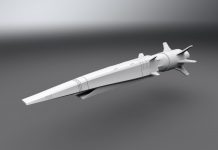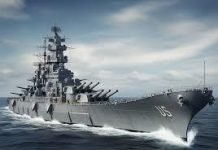
At least €127 billion (approximately $146 billion) in EU-supported defense loans has drawn interest from several European Union member states, according to an announcement by the European Commission on Wednesday.
A total of 18 nations — among them France, Spain, Italy, and Poland — have shown interest in utilizing the funding made available through the Security Action for Europe (SAFE) initiative, the EU’s executive branch confirmed in a press release.
SAFE, introduced as part of broader EU measures revealed in March to boost defense investments, aims to provide up to €150 billion in long-term, low-interest loans to EU nations that seek financial aid for enhancing their military capabilities.
EU Commissioner for Defence and Space, Andrius Kubilius, expressed enthusiasm about the interest in the program, calling it a significant move toward strengthening European defense in a timely and decisive manner.
This initial wave of interest will help the Commission gauge the level of demand and make preparations to secure funding through capital markets. EU nations have until the end of November to formally apply and submit their national defense investment strategies.
According to the Commission, these loans are intended to support urgent, large-scale defense acquisitions. Eligible projects must involve joint procurement by at least two participants, such as an EU member state and either another EU nation, Ukraine, or EEA-EFTA members (Norway, Liechtenstein, and Iceland).
Nevertheless, given current geopolitical challenges, SAFE will also temporarily allow individual countries to carry out procurements on their own to ensure timely access to vital defense assets.
Although only EU members are eligible for the loans, countries with EU security and defense agreements — such as the UK, Norway, Canada, South Korea, and Japan — may still take part in joint procurement efforts.
Eligibility rules specify that procurement contracts must source no more than 35% of their component costs from outside the EU, Ukraine, or EEA-EFTA countries. For critical systems such as air and missile defense, naval platforms, and strategic capabilities like aerial refueling, the criteria are stricter. These include requirements for suppliers to be capable of modifying the equipment without being subject to non-EU restrictions.




